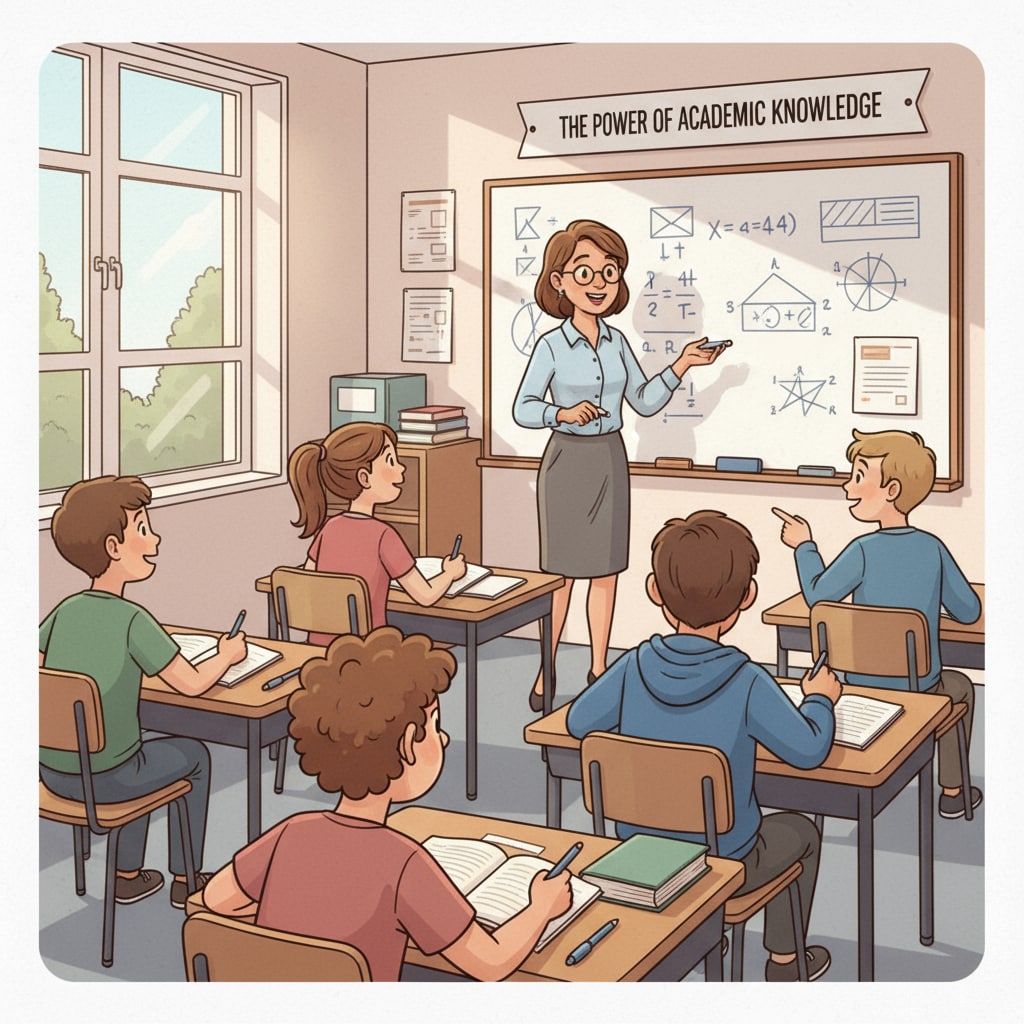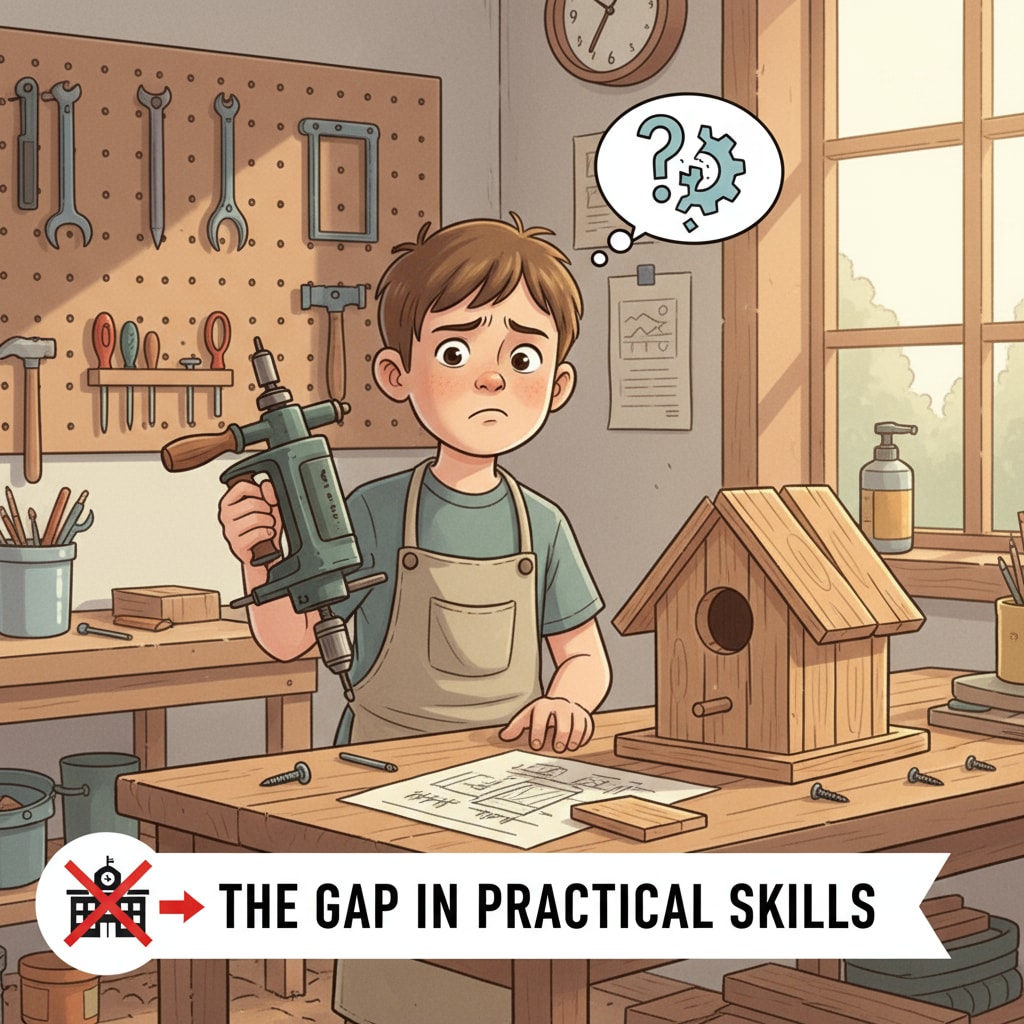School education, practical skills, and life abilities are three crucial aspects that should be closely intertwined. However, in today’s educational landscape, a significant gap exists between what students learn in school and what they need to thrive in real life. The contemporary K12 education system places a heavy emphasis on academic knowledge, often overlooking the development of practical skills that are essential for daily living.

This imbalance has led to a situation where students may excel in exams but struggle when faced with real – world tasks such as managing finances, cooking a meal, or fixing a minor household issue.
The Overemphasis on Academic Knowledge
The K12 education system, as it stands, is largely centered around academic subjects like mathematics, science, language arts, and social studies. These subjects are undoubtedly important as they provide a foundation for intellectual growth and future academic pursuits. However, the overemphasis on them has come at the expense of practical skills. For example, students spend countless hours memorizing formulas and historical facts but may have little to no experience in practical areas. According to Britannica, the traditional education model has long focused on theoretical knowledge, leaving practical applications on the back burner.

The Neglect of Practical Skills
Practical skills are the building blocks of independent living. Skills such as cooking, basic home repair, and financial management are not typically part of the core curriculum in most schools. This neglect means that when students graduate and move out on their own, they are often ill – prepared. They may not know how to budget their money, cook a healthy meal, or change a tire. In addition, skills like communication, teamwork, and problem – solving in real – life scenarios are also not adequately addressed in the classroom. As a result, students may find it difficult to navigate the complexities of the workplace and social life. Wikipedia also points out the lack of practical components in modern education systems.
The consequences of this disconnection between school education and practical skills are far – reaching. Students may experience a sense of frustration and inadequacy when they realize they lack the skills needed for daily life. It can also impact their future career choices, as many jobs require a combination of academic knowledge and practical skills. Moreover, this gap can lead to a lack of confidence in their abilities, which may hinder their personal and professional growth.
Readability guidance: By highlighting the issues in a clear and concise manner, using short paragraphs and examples, we can better understand the problem at hand. Each section presents a distinct aspect of the problem, and the use of external references adds credibility.


